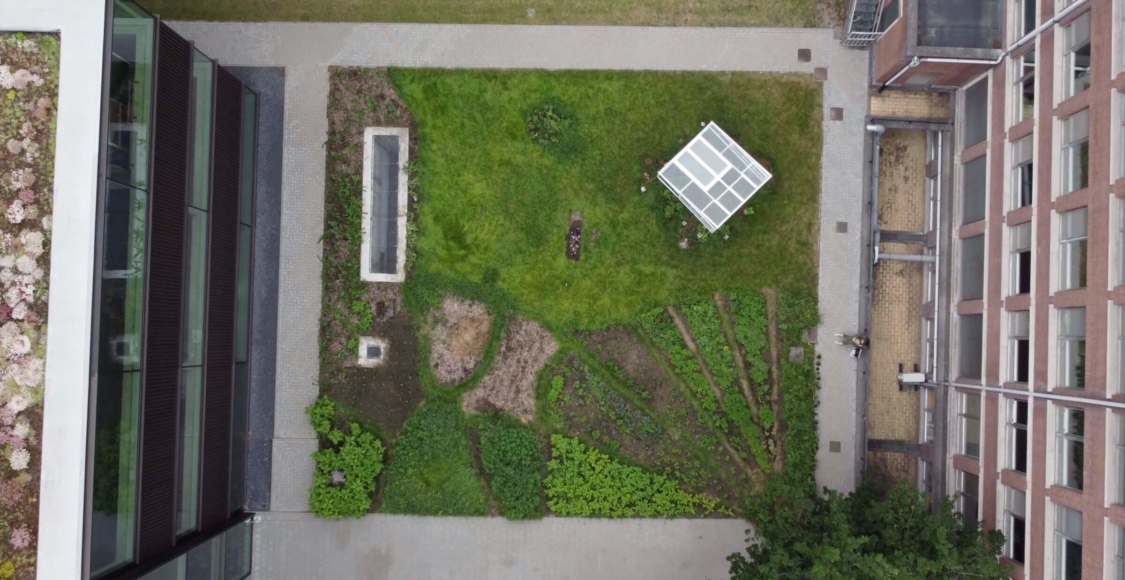
Premaster
The premaster is designed for students with a professional bachelor’s degree in the arts or with a professional or academic bachelor’s degree with additional artistic qualifications, who wish to enroll in the master’s program in the visual arts.
At the start of your premaster you choose one of five contexts: the applied, autonomous, digital, socio-political or jewelry context. When you register, you indicate which context your interest lies in.
The premaster program is a bridging program in which you develop the necessary additional skills to start your master program at the same level as academic bachelors.
We focus on the integration of artistic research methods in the development of your artistic or design practice, on the expansion of your practical skills, and on the further development of your theoretical and art historical knowledge.

The premaster is offered in Dutch or in English. After you have been admitted to the premaster program and have successfully completed it, you can start in the master program of your choice.
The premaster program
- Premaster Studio – 30 credits
- Bachelor classes (practice-oriented workshops) – 4 credits
- Artistic research – 6 credits
- Theory – 24 credits
CLASS SCHEDULE AND COURSES
For an example of the class schedule with all subjects: click here. You can choose from different technical skills. Click on the title of a subject and you will get more explanations.
Premaster Studio – 30 credits
As a prelude to the master project, you will be supported in the premaster studio to learn to develop your artistic or design practice independently. You will be encouraged to determine your own contexts, content, form language and methods. To provide you with the best possible guidance, the premaster studio, just like the master programme, is organised per context.
Download the full premaster program here
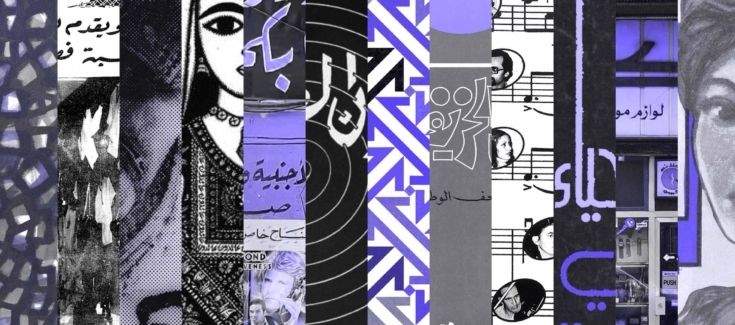
1. Applied Context
Designing within an applied practice means that as a designer or artist you always design within a given context. That context can be commercial, sensitizing or informative. The reason for your work lies not within but outside yourself. You design in service of an assignment, a client, a message, etc.
You learn to communicate your own style and artistic vision to an audience and to present your research.
In the premaster studio you are given the space to learn how to start a research project and to determine a theme. In this, you are encouraged to experiment in a broad and diverse way. All of this can form thebasis for a research questionand project that you develop further in the master’s thesis.
Coaches: Reg Herygers, Jan Baert, Anne Kurris, Hugo Puttaert, Sam Vanbelle, Sander Van de Vijver
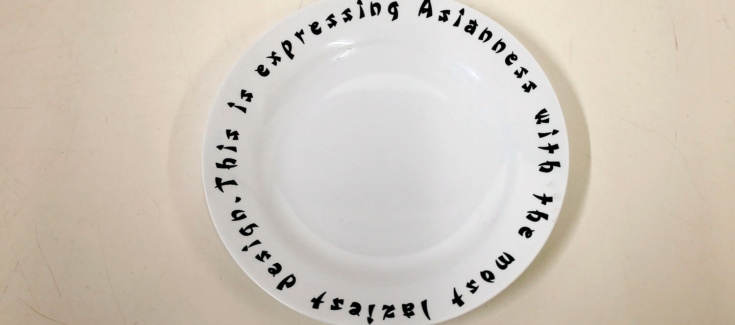
2. Autonomous Context
Fine arts track
The students’ individual studio work and personal development are the main points of departure during the fine arts track of the pre-masters in an Autonomous Context. Students are encouraged to develop a high level of independent thinking and making, where possible in collaboration with our campus workshops and facilities, providing them the means to construct a sustainable studio practice that will continue beyond the course. Through studio practice, regular coaching and group discussion, students develop their individual voice amongst their peers and critically engage with the role of artistic practice within contemporary society. Upon completion of the program students will be able to position themselves within contemporary art fields as independent artists and establish their own art practice. The program is open to interdisciplinary practices, defined by the evolving and plural conceptions of contemporary art.
Design track
Within this premaster context, students from more design- or illustration-related disciplines can also enter. They develop an autonomous design practice in which they determine the object of their research. This is done through individual and/or collective context and design research within a self-chosen specific domain, subject or social field. The chosen discipline preferably has its origin in a previously established practice. The objective and possible output of this design trajectory is the establishment of an independent design practice, possibly in cooperation with artists, curators, publishers, in which the designer can fulfil a leading or guiding role.
Coaches: Helen Dowling, Saddie Choua, Felicitas Rohden, Hugo Puttaert
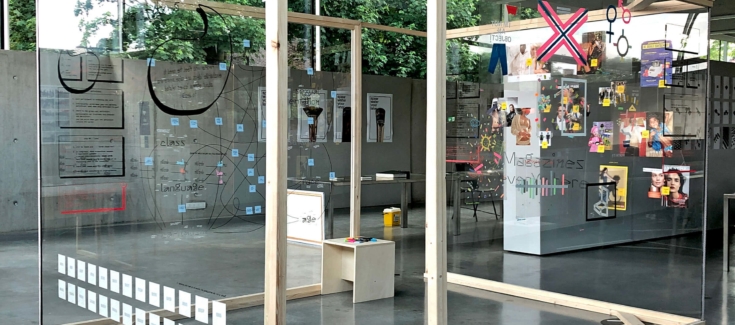
3. Socio-political context
We offer a track to learn how to relate to the socio-political context. You will explore how your practice can contribute to themes such as (but not limited to) climate transition and sustainability, decolonizations, anti-discrimination and intersectional solidarity, social justice, grassroots imaginations, collective practices and civic democracy. How can your work bring insight and transformation to these social urgencies?
In the premaster studio, you will be given the space to explore your interest and engagement in art, design and/or image in the socio-political context. This exploration can form the basis for your master project. Intensive introductions to relevant and diverse professional contexts, practices and methodologies will support you in this (think of: socially engaged art, social design, participatory practices, artivism, speculative design, …) You collaborate with your fellow students to create a caring, participatory learning environment. You invest in a practice in which both methodology, process and output are developed as particular, valuable artistic forms and models.
Coaches: Robin Vanbesien, Annelys de Vet, Ann Laenen
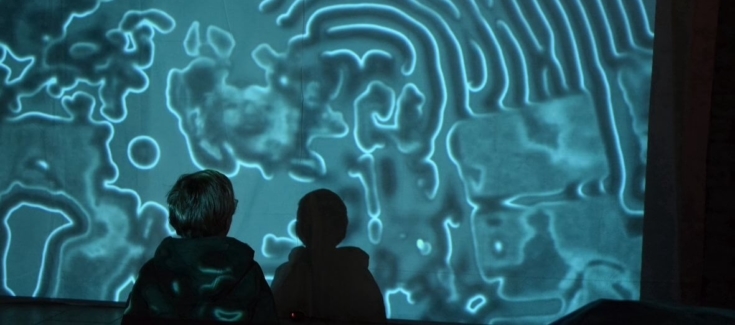
4. Digital Context
By combining technology, design and art, we provide an incubator for innovative ideas and groundbreaking projects. We consider technology not only as a creative tool but as a completely different medium with its own guidelines for design and storytelling.
In the premaster studio you get the space to start a research and determine a theme, starting from personal interests or a current topic. This theme can form the basis for the research question and project that will be developed in the master. The research within the premaster will be developed into a number of experiments, in which the (digital) techniques and materials can be determined freely.
In the premaster we strive for a balance between the technical, artistic and creative aspects of digital media. We guide work that ranges from the practical to the whimsical, artistic and creative.
In preparation for your trajectory in the premaster studio, a number of technical workshops are organized with the students of the master at the beginning of the year. The aim is to learn the tools, technologies and methodologies needed to make work in the digital medium.
Coaches: Frederik De Bleser, Werner Van dermeersch
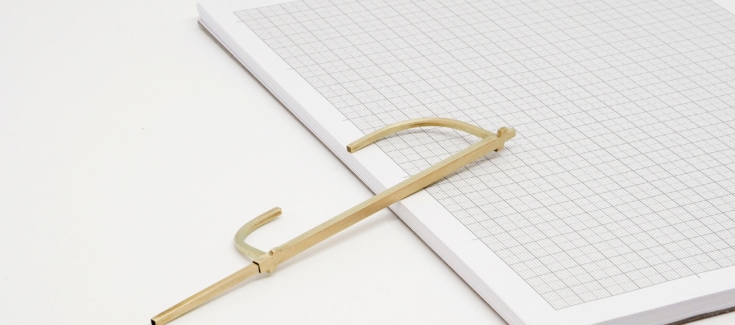
5. Jewellery context
In your artistic practice, you will investigate the specificity of jewellery. You do this through a process-oriented way of working where research and experimentation are sources of inspiration. Analysis and reflection, the further development of practical skills and the theoretical discourse on what is alive within the field, contribute to the development of your own research methodology. An articulated, multidisciplinary elaboration is encouraged as a result. In addition, you determine in which cultural- social environment your jewelry and objects function and you know how to capture the references from which this specific context derives its meaning.
In preparation for your master project, you will have the opportunity in the premaster studio to optimize the content of your artistic practice as well as to continue your experimentation with materials and techniques. You will receive close guidance in this, while at the same time you will be given the space to initiate work around a theme or research of your own choice.
Coaches: Hilde De Decker, guest teachers

Bachelor classes – 4 credits
In these practice-based workshops, you will develop your manual and technological skills to support your artistic practice. We focus on technique, but also go beyond it. You do research in which the process is just as crucial as the outcome. ou blend problem-solving and conceptual development in your work. You experiment, pushing your limits along the way, and as a result, you get better processed outcomes. You will learn to take a critical stance toward your own and others’ work through discussions with the teacher and your classmates.
Artistic research – 6 credits
What is to be understood by the term ‘artistic research’? Is it purely an academic issue, or does it reach beyond those limits? What kind of knowledge formation is implied in artistic production, and how to address it? Do we need a uniform model or is it a matter of singularity? And how to surpass the theory/practice divide?
In the past years, there has been an increasing focus on research in cultural production at large (the so-called “research turn”), giving rise to interdisciplinary practices that are challenging the boundaries between art and science. In this course you will look into the stakes of this critical debate and the lessons that can be drawn from them. Feeding back to your own practice, you will learn to scrutinise the methods, topics and conditions that come into play. The aim is not so much to provide any conclusive answers as to unravel the question of artistic research in its full complexity. During this course, you will be guided through the reseach process. You will write an essay that is connected with your premaster project, you will will discuss the progress with your peers and evaluate the chosen research methods.
Theoretical courses – 18 credits
You compose your own theoretical program for a total of 24 credits from this list:
Dutch
Kunst, design en context
Esthetische perspectieven
Antropologie van de kunsten
+
choose three theory courses from BA2 or BA3
English
Popular visual culture
Art theory
Ethics of Artificial Intelligence
Creativity & self-organisation
Editorial practices
Social practices

Admission requirements & registration
Would you like to enroll in the premaster’s program?
‘Sint Lucas Antwerpen, School of Arts’ is part of the ‘KdG University of Applied Sciences and Arts.’
On this page of the KdG-website, you find all admission requirements such as the tuition fee, study costs, scholarships registration and the application procedure.
Digital and live infosessions
Discover the digital information sessions and open days (between February and June) via this link.

Who teaches in the premaster?
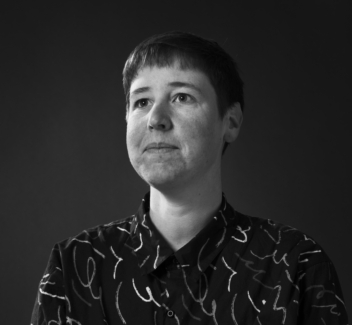
Sam Vanbelle

Hoda Siahtiri
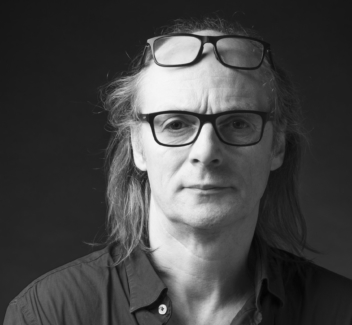
Werner Van dermeersch
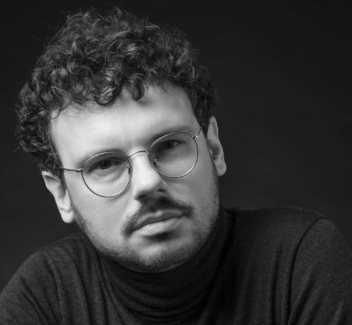
Pieter Vermeulen
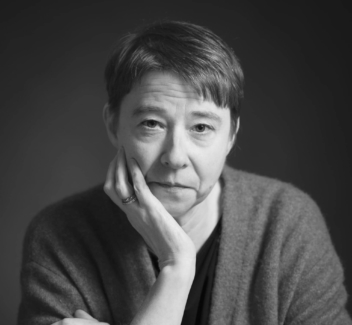
Hilde De Decker

Joachim Ben Yakoub
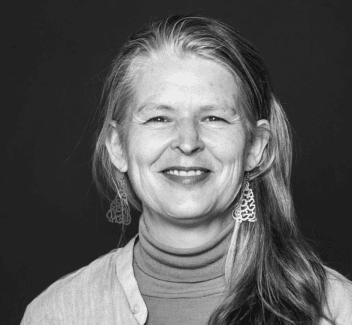
Joachim Ben Yakoub
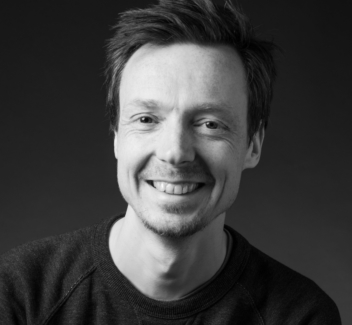
Frederik De Bleser
Contact
Do you have any questions? You can contact Robin Vanbesien, coördinator of the Premaster.
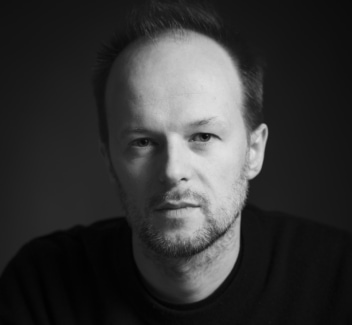
Robin Vanbesien
Lecturer for Master of Visual Arts
Doctoral student